KOALA 2023: Workshop of the Kentucky-Ohio ALgebra Alliance
|
May 9-10, 2023 Mathematics Department The Ohio State University Columbus, OH, USA Organizers:
|
|
Poster of the workshop.
This event is funded by the Mathematics Research Institute and National Science Foundation under CAREER grants DMS 1748837 and DMS 1945212.
Registration: For planning purposes, all participants (including invited speakers), are asked to register online. Registration will be open through Friday May 5, 2023. Please fill out the following registration form.
| About KOALA | Speakers | Schedule | Titles and abstracts |
About KOALA
The Mathematics Departments at both The Ohio State University (Columbus, OH) and the University of Kentucky (Lexington, KY) have a critical mass of faculty, postdocs and graduate students in Combinatorial Algebraic Geometry. Faculty at both institutions often have research collaborations and meet each other at conferences. Younger members of both groups do not have as many opportunities to interact.
KOALA workshops (regular 2-day meetings held once a year, and alternating between both institutions) provide a venue to further expand collaborations between these two groups. Their main goals are:
- to establish a community of mathematicians in Kentucky and Ohio working in Combinatorial Algebraic Geometry;
- to expose graduate students and junior researchers in both institutions to the many outstanding problems in Combinatorial Algebraic Geometry, and to the tools currently being used to attack them; and
- to survey recent developments in Combinatorial Algebraic Geometry (including moduli of curves, toric and tropical geometry, and the related geometry and combinatorics of homogeneous spaces)
Speakers
The KOALA 2023 Workshop will feature talks by two distinguished plenary speakers and three junior speakers from participating Midwest institutions:
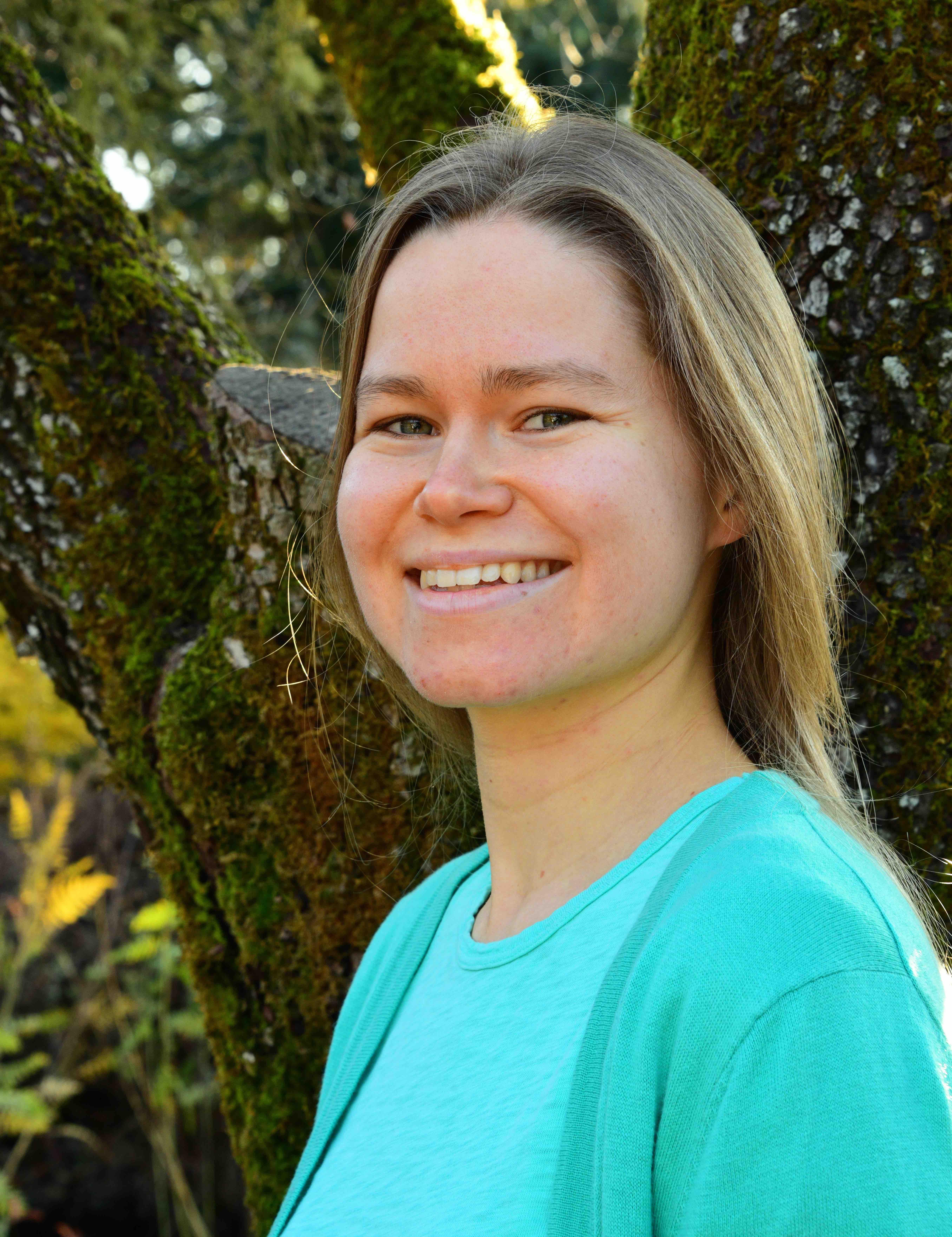
|
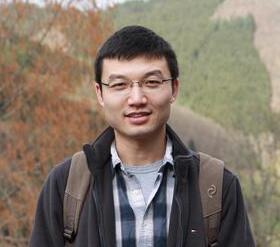
|
|
| Hannah Larson (Harvard University) |
Botong Wang (University of Wisconsin-Madison) |
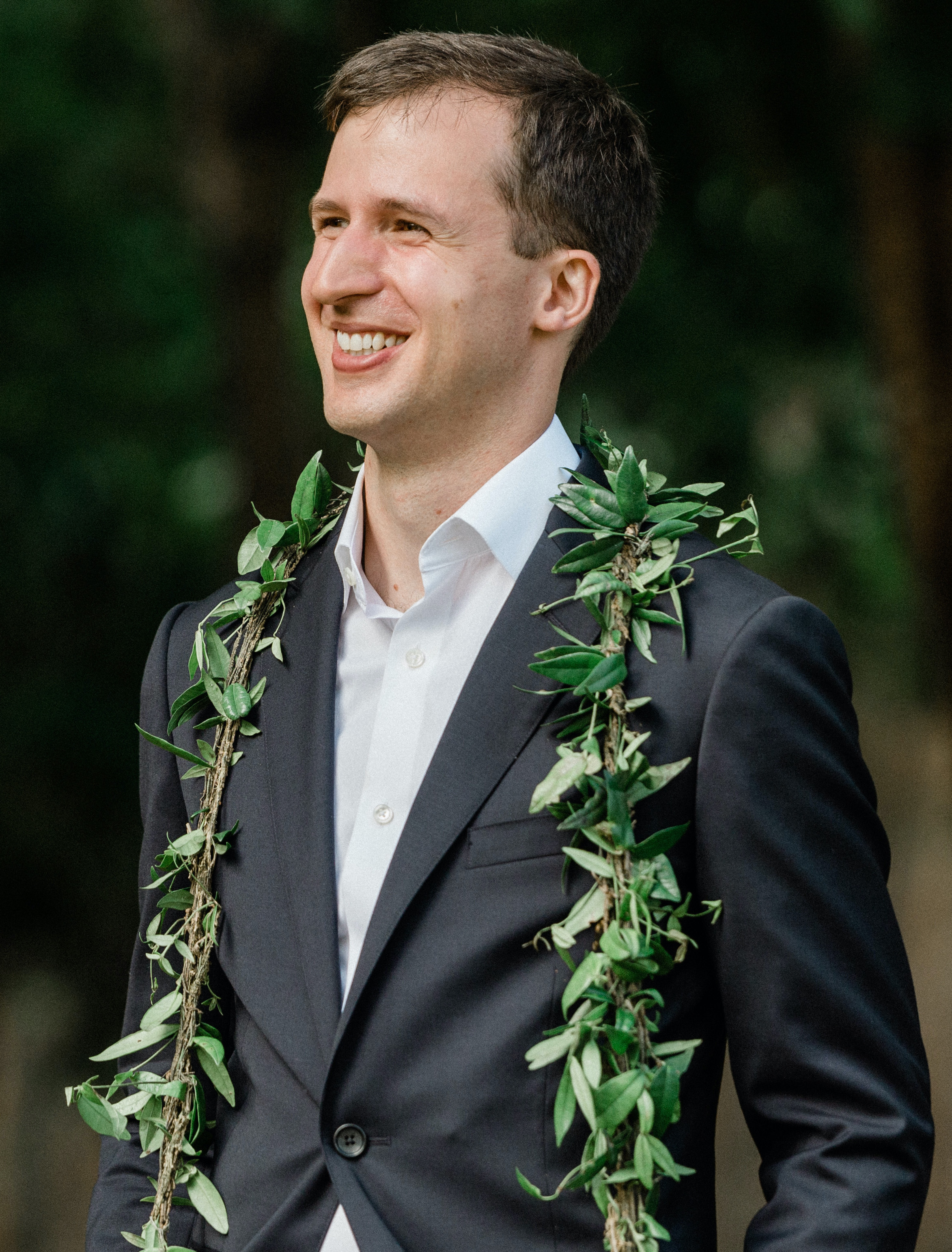
|
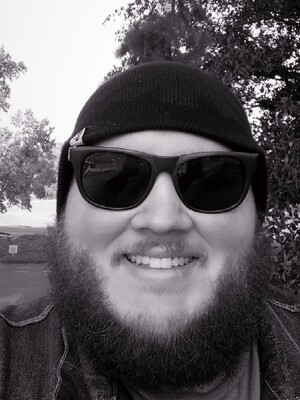
|
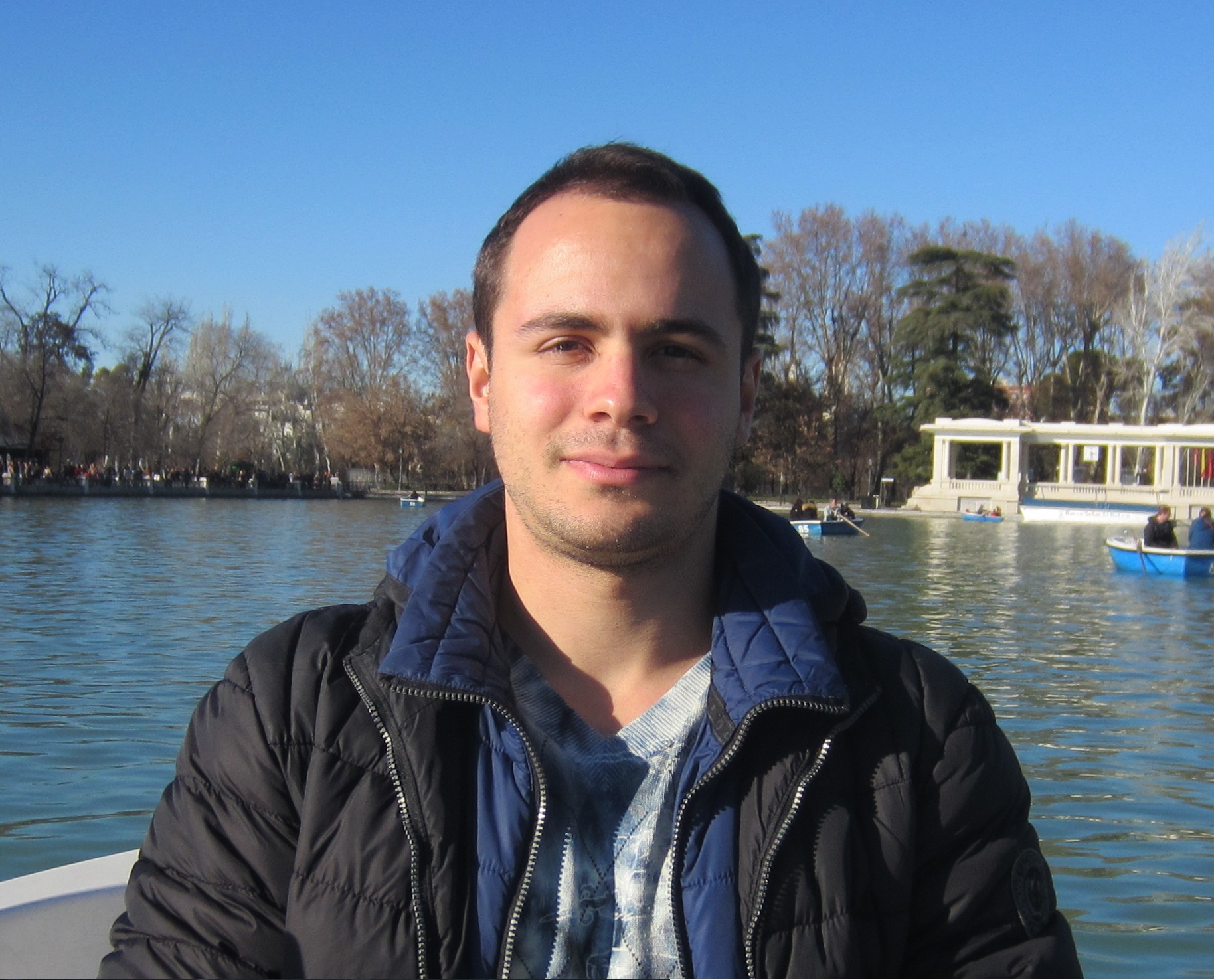
| |||
| Max Kutler (The Ohio State University) |
Alexander Sutherland (The Ohio State University) |
Boris Tsvelikhovskiy (University of Pittsburgh) |
Back to Top
Schedule
We expect participants to arrive on Tuesday May 9 at noon and leave on Wednesday May 10 in mid-afternoon. Lectures will start at 1pm on Day 1 and end around 3pm on Day 2.
The program is designed to encourage new research initiatives by allowing enough free time for discussion. In addition to the two plenary lectures (and accompanying pre-talks), we will have three additional lectures by postdocs and a lightning session of introductory talks.
All Talks (including the lightning round) will take place in room CH 240. Coffee breaks and the dinner on Day 1 will be held in MW 724.
| Day | Time | Location | Speaker/Event | Title |
| 1 | 1-1:55 | CH 240 | Alex Sutherland | RDk≤ d-Versality and Resolvent Degree for the Sporadic Groups |
| 1 | 2-3 | MW 724 | Coffee break | |
| 1 | 3:00-3:30 | CH 240 | Hannah Larson | Pre-talk: Introduction to Mg,n |
| 1 | 3:30-4:30 | CH 240 | Hannah Larson | Intersection theory of Mg,n |
| 1 | 4:30-5 | MW 724 | Break | |
| 1 | 5-6 | CH 240 | Lightning Session | |
| 1 | 6-8 | MW 724 | Dinner | |
| 2 | 8:30-9:30 | MW 724 | Breakfast | |
| 2 | 9:30-10:25 | CH 240 | Boris Tsvelikhovskiy | The universe inside Hall algebras of coherent sheaves on toric resolutions |
| 2 | 10:30-11 | MW 724 | Coffee break | |
| 2 | 11-11:30 | CH 240 | Botong Wang | Pre-talk: What is a perverse sheaf? |
| 2 | 11:30-12:30 | CH 240 | Botong Wang | Topological generic vanishing theorems and positivities |
| 2 | 12:30-2 | (free) | Lunch | |
| 2 | 2-2:55 | CH 240 | Max Kutler | Matroidal mixed Eulerian numbers |
Back to Top
Titles and abstracts
- Pre-talk: Introduction to Mg,n
Abstract: The moduli space Mg,n of smooth genus g curves with n-points is not proper. A nice compactification Mg,n of Mg,n is defined by allowing certain mildly singular curves called stable curves. I will give the definition and some examples. - Main talk: Intersection theory of Mg,n
Abstract: The Chow rings of moduli spaces often have distinguished classes called tautological classes. This talk is about the special situation when all classes on a moduli space are tautological. I will start by reviewing Chow rings and the example of projective space. Then I will define the tautological classes on Mg,n and present several new small values (g, n) where we have proven that all classes on Mg,n are tautological. This is joint work with Samir Canning.
- Pre-talk: What is a perverse sheaf?
Abstract: We will a short introduction of constructible complexes and perverse sheaves. Instead of going through the precise definition, we will emphasize on examples and their functorial properties, such as Artin's vanishing theorem. - Main talk: Topological generic vanishing theorems and positivities
Abstract: Classical generic vanishing theorems are about cohomology group vanishing of certain coherent sheaves. The topological counterpart are about cohomology group vanishing of certain constructible complexes, usually perverse sheaves. We will explain topological generic vanishing theorems for semi-abelian varieties, affine spaces, and partial flag varieties. As applications, we will obtain positivity of signed Euler characteristics of some algebraic varieties.
- Matroidal mixed Eulerian numbers
Abstract: Berget-Spink-Tseng introduced hypersimplex classes γ1,..., γn in the Chow ring of a matroid M. Products of these classes give intersection numbers which we call the matroidal mixed Eulerian numbers. These include, as special cases, several well-known matroid invariants such as the beta invariant and the coefficients of the reduced characteristic polynomial. We show that matroidal mixed Eulerian numbers satisfy several properties analogous to those satisfied by the ordinary mixed Eulerian numbers, and they also satisfy a recursive deletion-contraction formula. We also provide a combinatorial interpretation of matroidal mixed Eulerian numbers as certain weighted counts of flags of flats. This is joint work with Eric Katz.
- RDk≤ d-Versality and Resolvent Degree for the Sporadic Groups
Abstract: Resolvent degree is a measure of complexity for objects in algebra and geometry which is deeply connected to classical interest in solving general polynomials. In this talk, we will begin by introducing resolvent degree through classical examples and discussing what is known about the resolvent degree of finite simple groups. We will then connect resolvent degree to (generalizations of) versality and use this framework to establish upper bounds on the resolvent degree of the sporadic groups.
- The universe inside Hall algebras of coherent sheaves on toric resolutions.
Abstract: The talk will start with an introduction to Hall algebras, different versions and appearances thereof. Then we will turn our attention to McKay correspondence in dimensions two and three. This is a correspondence between nontrivial irreducible representations of a finite subgroup G ⊂ GLn(C) and irreducible subvarieties in the central fiber of resolution of the categorical quotient X=Cn//G. In examples relevant to our discussion X will have an isolated singularity at the origin and the resolution Y will be the corresponding G-Hilbert scheme. A more modern version of McKay correspondence is the derived equivalence ψ: Db(CohG(C)(Cn)) → Db(Coh(Y)). Sometimes Hall algebras 'arising' on the right hand side admit embeddings of subalgebras in universal enveloping algebras U(g). We will see examples of such instances for Lie algebras g with simply laced Dynkin diagrams of finite or affine type. A new family of examples will be presented. The main goal of the talk will be to provide an accessible introduction to the aforementioned topics.
Back to Top
Koala 23 is sponsored by The Ohio State University (through the Mathematics Research Institute) and the National Science Foundation:
| |
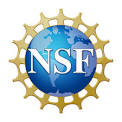
|
